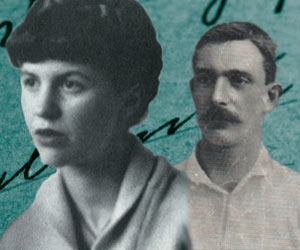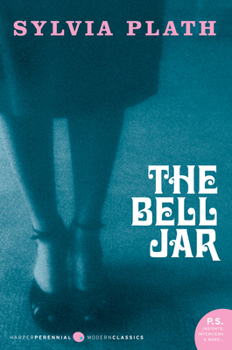The Bell Jar
Select Format
Select Condition 
Book Overview
One of The Atlantic's Great American Novels
"A coming-of-age masterpiece. . . . Sylvia Plath has become one of the influential writers of her time." --Boston Globe
Sylvia Plath's masterwork--an acclaimed and enduring novel about a young woman falling into the grip of mental illness and societal pressures
Esther Greenwood is a bright, beautiful, enormously talented young woman, but she's slowly going under--maybe for the last time. Sylvia Plath brilliantly draws the reader into Esther's breakdown with such intensity that her neurosis becomes palpably real, even rational--as accessible an experience as going to the movies. A deep penetration into the darkest and most harrowing corners of the human psyche, The Bell Jar is an extraordinary accomplishment and a haunting American classic.
This edition features extra insights into the book and author.
Customer Reviews
Well written
Glamorizing mental illness
great condition & i love this book
Short but complicated read
It's depressing
Loved It <3
Cult Classic
Amazing
Good but depressing
A Great Quick Read
It gets real very quickly.
An important book
Love it.
A beautiful and fragile book
A GREAT Classic!
A true classic
The Bell Jar
Harrowing and hilarious
The Bell Jar Mentions in Our Blog

Sixty-five years ago today, Sylvia Plath and Ted Hughes met at a party in Cambridge. Their connection was immediate, powerful, and violent—a portent of their future together. Almost exactly seven years later Plath would die by suicide.






